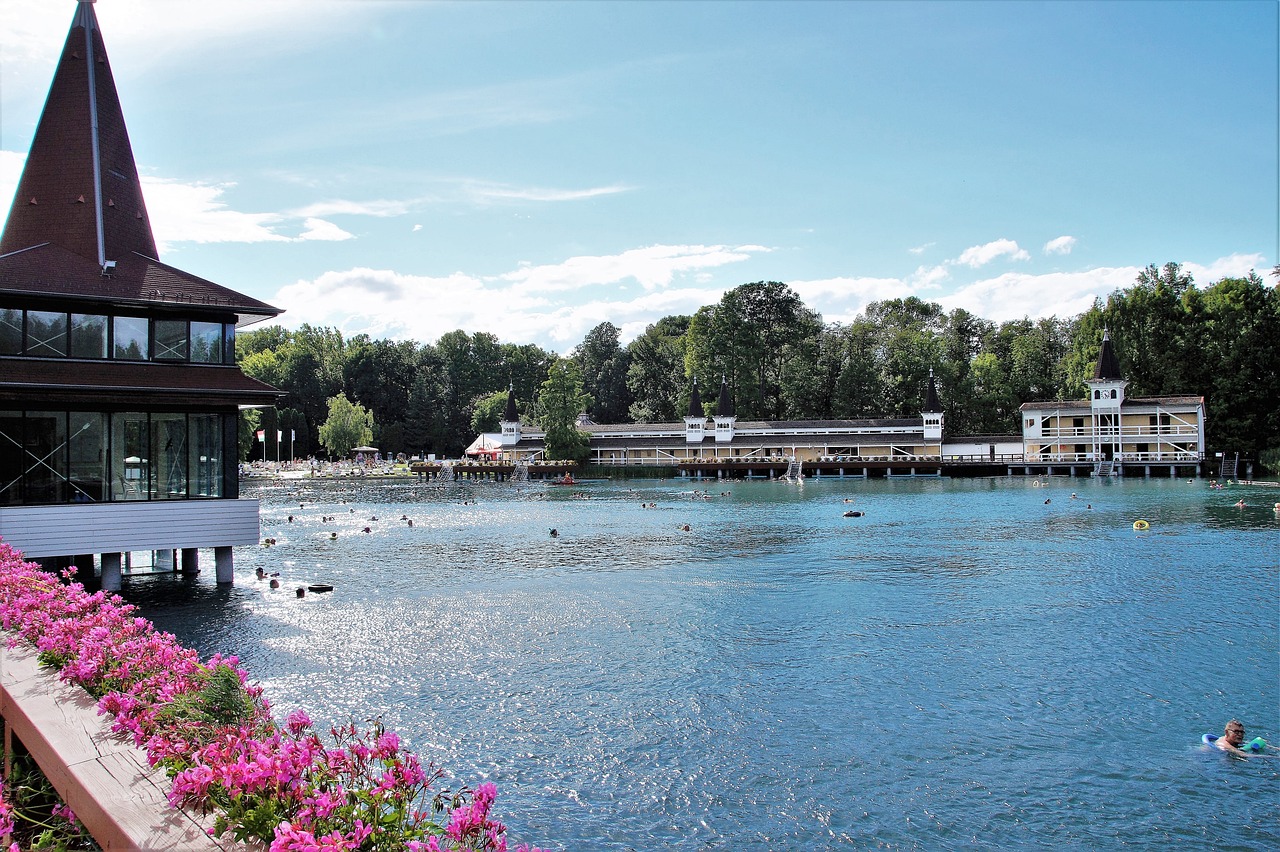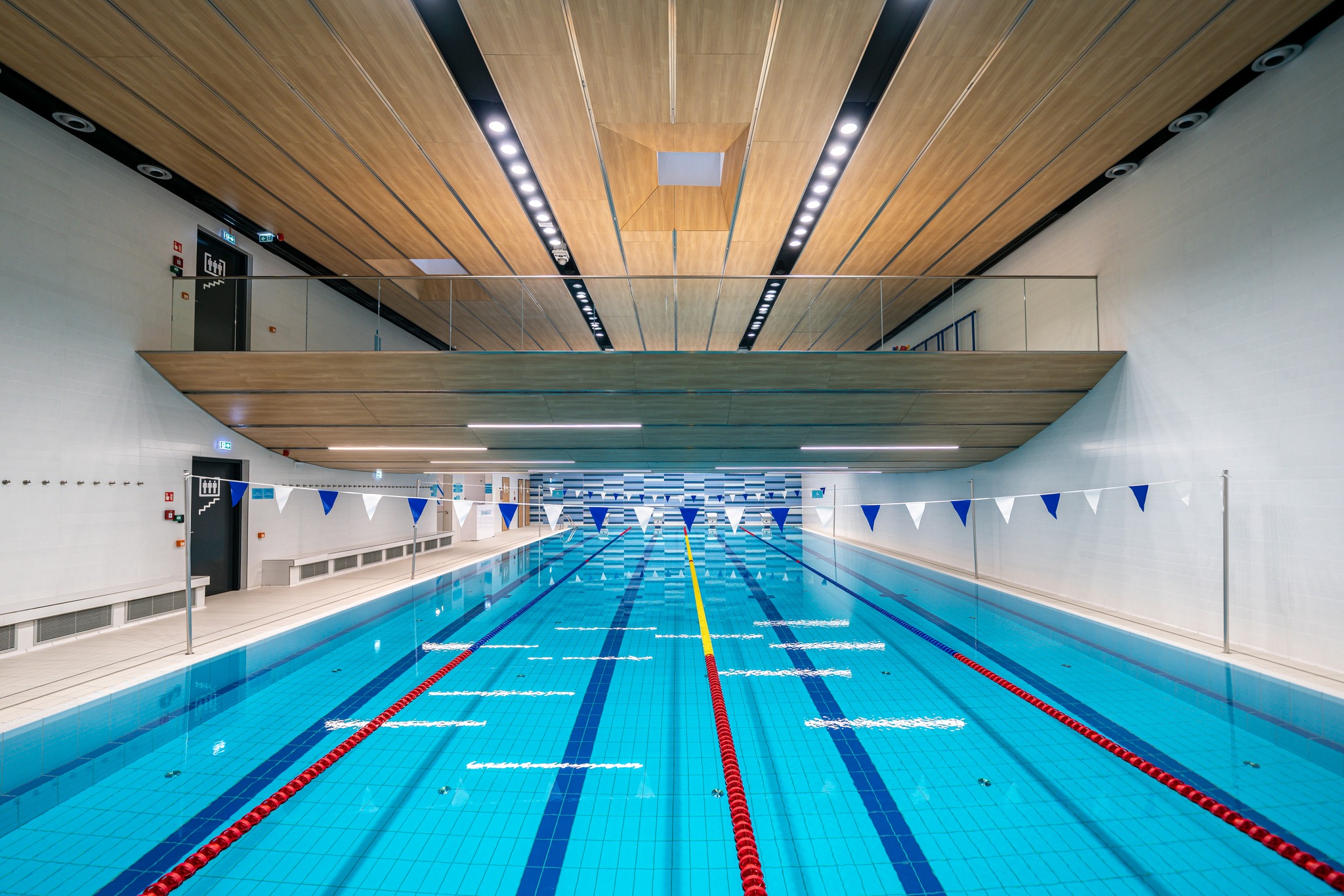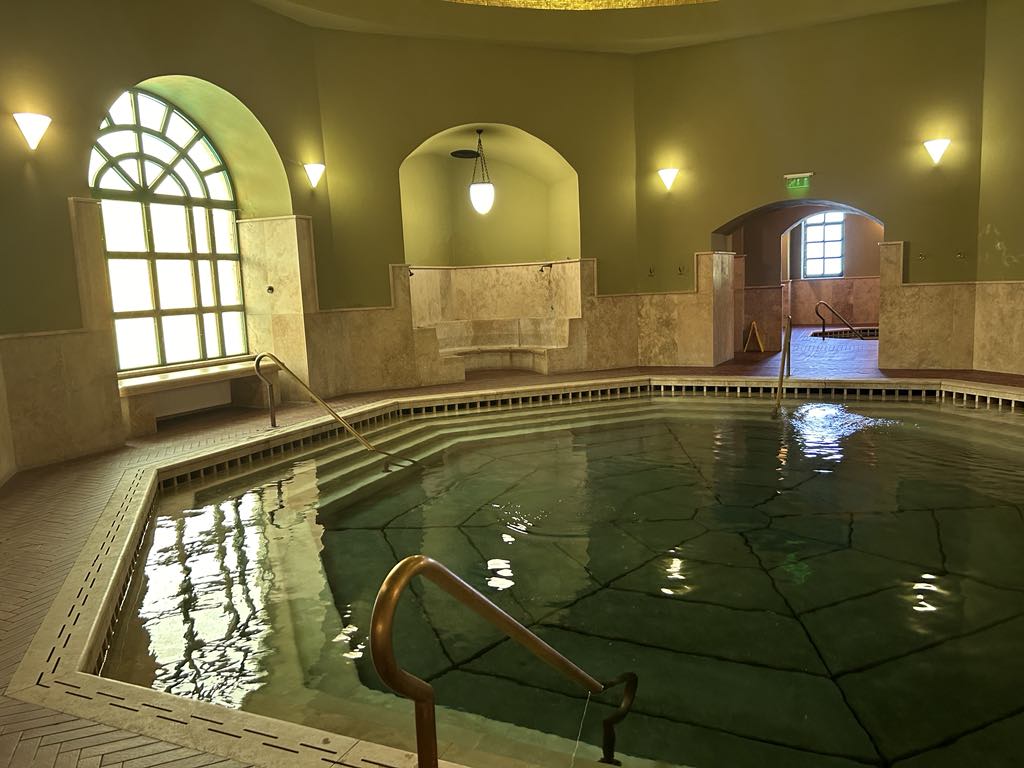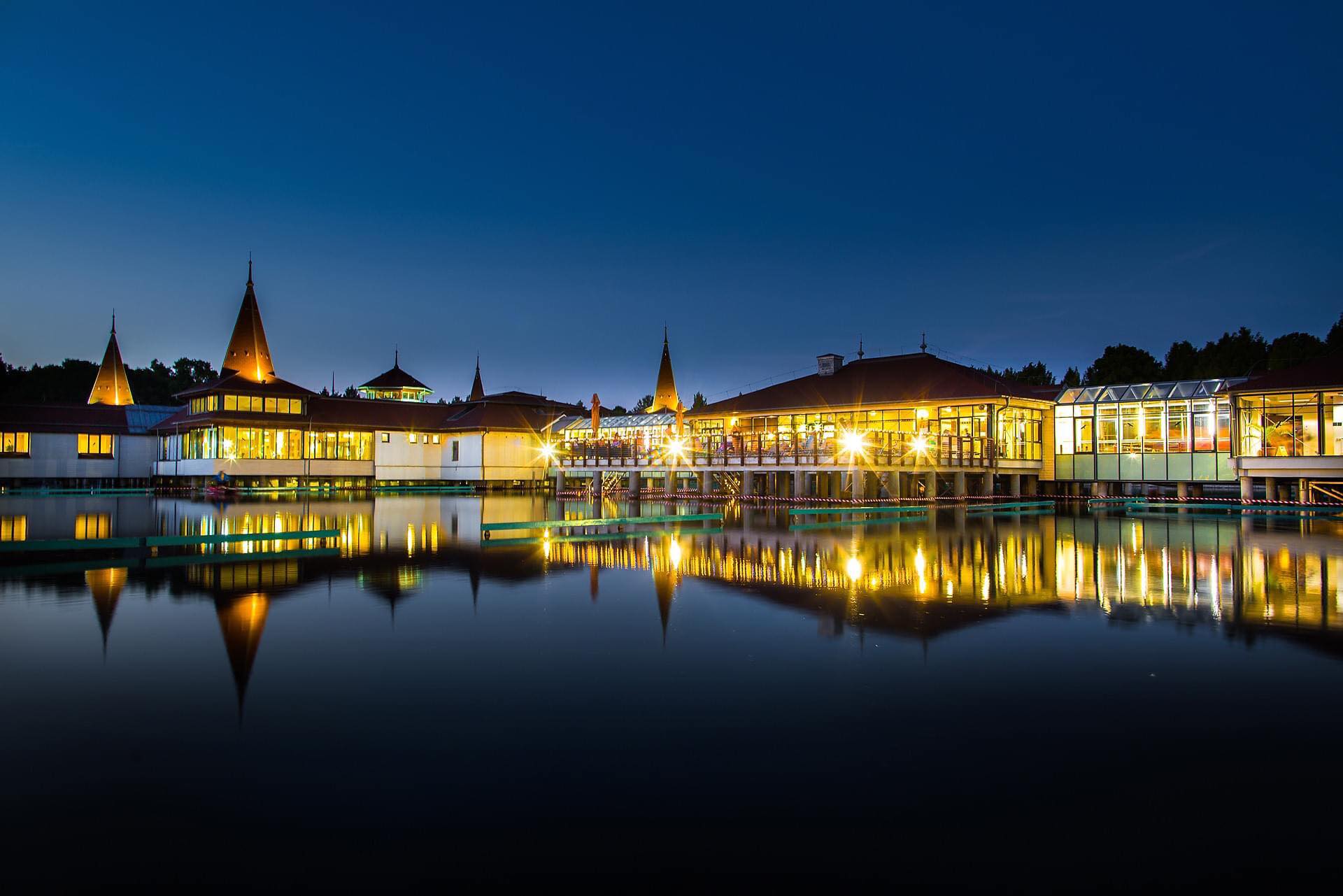Hévíz is the third most visited thermal bath in Hungary.Continue reading

Hungary has an abundance of thermal waters; in fact, the fifth largest thermal water reserve in the world is located here. A significant proportion of it is also medicinal water, and it is water that has not been used for years or decades, Világgazdaság pointed out.
In Budapest alone, there are almost 30 qualified thermal waters. Some of them can only be used as drinking water, others are suitable for bathing, but many are only known to have an official certification.
There is also an example of a downtown sports center with its own thermal spring. The V.30 Downtown Sports Center (V.30 Belvárosi Sportközpont) in the 5th District has had the water of its wellness pool tested. The healing effect was confirmed, and as expected, it was awarded a thermal water certification last year.

The Downtown Sports Center. Photo via Facebook/V.30 Belvárosi Sportközpont
The thermal baths in Hungary, built in the Turkish era, show that the local people have long been aware of the benefits of the thermal waters found in the country.
Medicinal waters can be found almost anywhere in Hungary, even in the countryside. The only question is how much dissolved mineral matter the water contains and what it is good for.

A Turkish bath in northern Hungary. Photo via Facebook/Török Fürdő Eger – Hivatalos oldal
The number of certified spas continued to grow last year, with the waters from Szolnok (central Hungary) and Kiskunhalas (southern Hungary) receiving certification.
Furthermore, the Veresegyháza (near Budapest) thermal baths have been re-accredited as a spa, having already held this title in 2008. The Mátészalka Municipal Swimming pool and Beach Bath (northeastern Hungary) also had the same qualification before, but last year it was awarded it again.
The Rózsa Spa in Tótkomlós (southeastern Hungary) has also been awarded the title of spa, along with several others, in 2023, and in January this year, the thermal baths in Kistelek (southern Hungary) were also awarded the status of a spa, while a few weeks ago the Bükkszék Spa (northern Hungary) became a certified spa.
The latter deservedly so, as its water has the highest mineral content of any medicinal water.
The 36°C Salvus thermal water from Bükkszék is effective for both bathing and drinking, and is also excellent for inhalation treatments.
However, there are many settlements where the potential of thermal waters is untapped. In northeastern Hungary, for example, the concept of the Máriapócs Spa Town was drawn up almost two decades ago, based on the 52-degree water with its healing properties from a depth of 1,000 meters. However, the well has not yet become a source of development due to a lack of investor capital.
Nemesbük, neighboring Hévíz (both in western Hungary), and Rácalmás (central Hungary) are in a similar situation,
as neither of them have yet been able to exploit the potential of the qualified thermal water.

Hévíz. Photo via Facebook/HÉVÍZ Turisztikai Egyesület
Mátraderecske (northern Hungary), on the other hand, has long benefited from its local thermal beach, but the wells of baths, which have been in operation since 1968, became obsolete in 2015, and were closed. However, the town is still a tourist attraction, as a carbon dioxide bath is still in operation.
Via Világgazdaság; Featured image via Pixabay